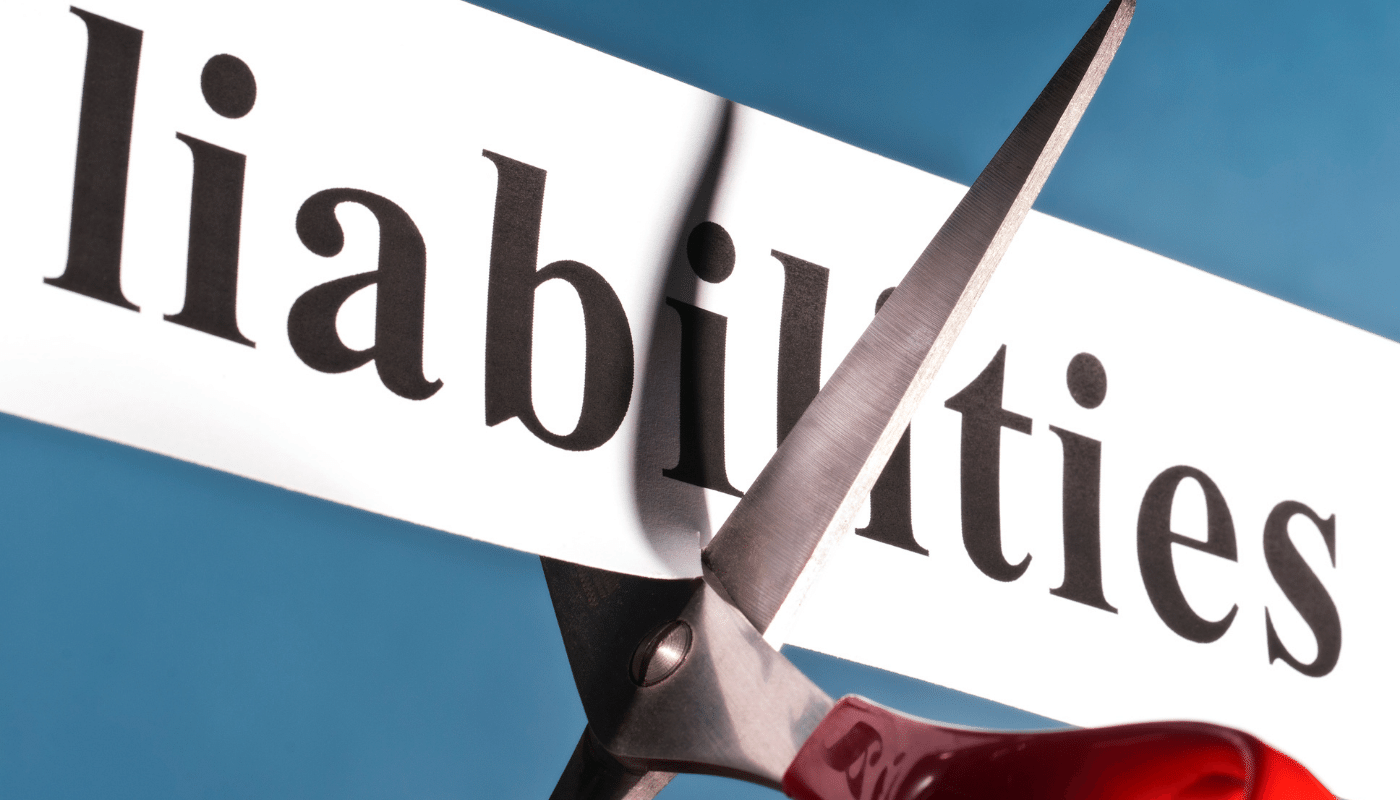Whether you are running a sole proprietorship or an LLC, there are ways that you can pay yourself as a business owner that will minimize your tax liability. These include guaranteed payment and owner’s draw, delayed billing for unpaid work, and more.
Guaranteed Payment Vs. Owner’s Draw
Taking an owner’s draw can be one of the great ways to pay yourself as a business owner while keeping your tax bill low. The owner can be paid in various ways, but the most common method is withdrawing cash from an owner’s equity account. Unlike distributions, owner draws are treated as wages by the IRS, which means they are taxed at a much lower rate.
Taking an owner’s draw isn’t difficult, but it has some important tax implications. Owners should consult their tax advisor before taking the draw.
The draw is often used to pay for material goods, perks, or discounts. Business owners also take draws to reduce their operating funds. This can be a good idea if the owner operates a sole proprietorship because it can give them greater flexibility to withdraw money as their profits increase.
Taking an owner’s draw can also be good if you work more than forty hours a week. Keeping your cash flow in your business can be challenging, so it’s important to know your financial options.
Sole Proprietorship Vs. LLC
Choosing the right structure for your business is a big decision, and it is important to understand the differences between sole proprietorship and LLC. The choice is based on how much control you want, how you intend to spend your money, and how well you can handle the paperwork.
The simplest structure to form is the sole proprietorship. You are personally liable for your business’s liabilities with a sole proprietorship. In the event of a lawsuit, you could lose a substantial amount of money. Also, you might need to obtain additional business licenses and permits.
An LLC is a business structure that provides more tax and liability protection. The benefits of forming an LLC include better tax and liability protection, flexibility in ownership, and a formal business entity. The LLC is also a good choice for separating personal and business finances.
In most states, an LLC is required to file an annual report. In addition, it is usually required to hold member meetings. This is because the members are usually responsible for managing the LLC.
LLC Taxing As An S Corporation
Setting up your business as an S corporation can provide many tax planning opportunities. This business structure helps avoid double taxation by passing profits through to owners as dividends. It also reduces your self-employment tax.
Setting up your business as an S corporation is easy. However, there are several restrictions that you must meet. These restrictions include filing Articles of Incorporation with the local office and selecting a registered agent. Depending on your state, you may also need to pay franchise taxes.
You can also choose to use a payroll service for your employees. Your accountant can help you decide which type of business structure is best for your business.
Setting up your business as an S corporation requires you to meet several shareholder requirements. You must have at least a few shareholders, and you must pay them a salary that is at least what a competing company would pay them.




